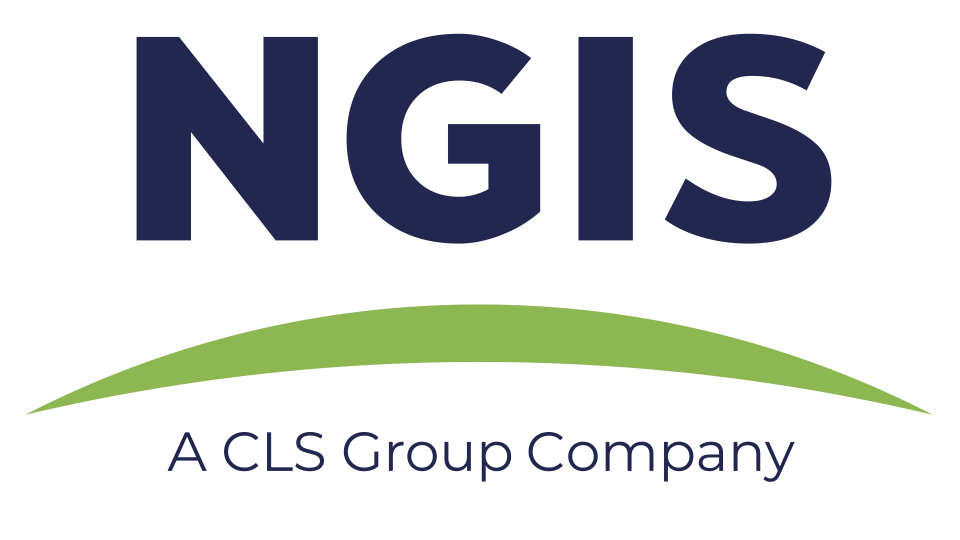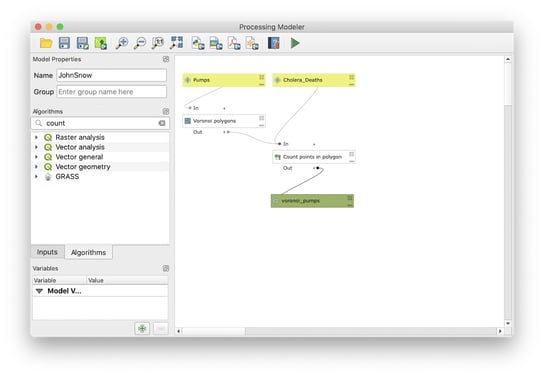The benefits of staying QGIS savvy
QGIS has been revolutionising the availability and usability of geographic information systems (GIS) for professionals and amateurs alike. Its ability to do almost anything spatial – from creating maps and performing spatial operations to analysing geospatial data has made it the most used desktop GIS application in the open-source space.
With more features and plugins available than ever, staying up-to-date with QGIS can keep your CV competitive, help save significant costs in start-up businesses and put mapping at the fingertips of an unlimited number of users.
The benefits of using QGIS
It’s great for your bottom line
Installing and using QGIS costs zero money. Many Government departments, businesses and nonprofit organisations have moved to QGIS to replace more expensive GIS desktop packages.
Compatibility
QGIS is compatible with almost all operating systems, making it one of the most versatile GIS options on the market. It works with Windows, Mac, Linux, Android and UNIX, making it easier for people to install and use on their personal and work computers.
Viewing and overlaying vector and raster data
QGIS provides full support for numerous vector, raster, and database formats and shows the best way to determine functional spatial patterns of a specific area. Furthermore, QGIS supports on-the-fly projection of vector and raster layers for users to overlay.
Ability to extend functionality
QGIS users can benefit from the many plugins that extend the functionality of QGIS. Made available through the official plugin repository, this enormous list is a GIS professional’s holy grail and allows users to analyse hard with over 1200 plugins.
QGIS and CARTO
CARTO recently released a direct SQL connection for QGIS, allowing users to integrate between CARTO and QGIS more seamlessly.
This opens the possibilities for advanced GIS editing or geoprocessing from a desktop tool. Users can connect from QGIS to their CARTO database using a regular PostGIS connection, allowing them to create new datasets, edit existing datasets or create complex spatial analysis models over CARTO datasets – all in QGIS.
Beforehand, users could only use QGIS to view and edit CARTO data with the OGR virtual Format (VRT) driver. Read CARTO’s latest blog on how to connect QGIS to CARTO’s database. QGIS also has a plugin for people using Planet satellite imagery to discover, stream and download Planet imagery in their workflows. Read about it here.
The latest version of QGIS
The current version of QGIS is QGIS 3.14 Pi, released in June 2020. It is packed with some awesome new features, plugins and improvements, such as:
- Advances in mdal / mesh support
- Native support for temporal data in WMS-T, PG Raster, vector providers and mesh layers
- Some of the marquee features include vector tile support
- More options for users focused on cartography and digitising
- New plugins such as Maptiler
Read the QGIS 3.14 changelog for the full list of updates.
Community support
QGIS has an active user community for support. People who write code and are passionate about open source software have blogs and social media pages where you can find out about the newest QGIS tools they create or ask questions.
QGIS also provides helpful information and resources on the repository hosting service, GitHub where you can find support from QGIS themselves, along with user-generated help files.
The #qgis on Stack Exchange and #qgis channel on Freenode.net also provide abundant user solutions. QGIS holds volunteer-run user groups internationally that discuss new information and case studies for QGIS usage.
Want to brush up on your QGIS skills?
To get the most from QGIS, it is worth taking a training course to keep your skills sharp.
NGIS offers training for the fundamentals of QGIS and QGIS for local government. The one-day courses cover all the necessary skills to begin creating, editing and managing the software, setting you up to unleash the power of QGIS for your next geospatial project.
Read about our QGIS courses here.
Related Articles
Here are more related articles you may be interested in.









